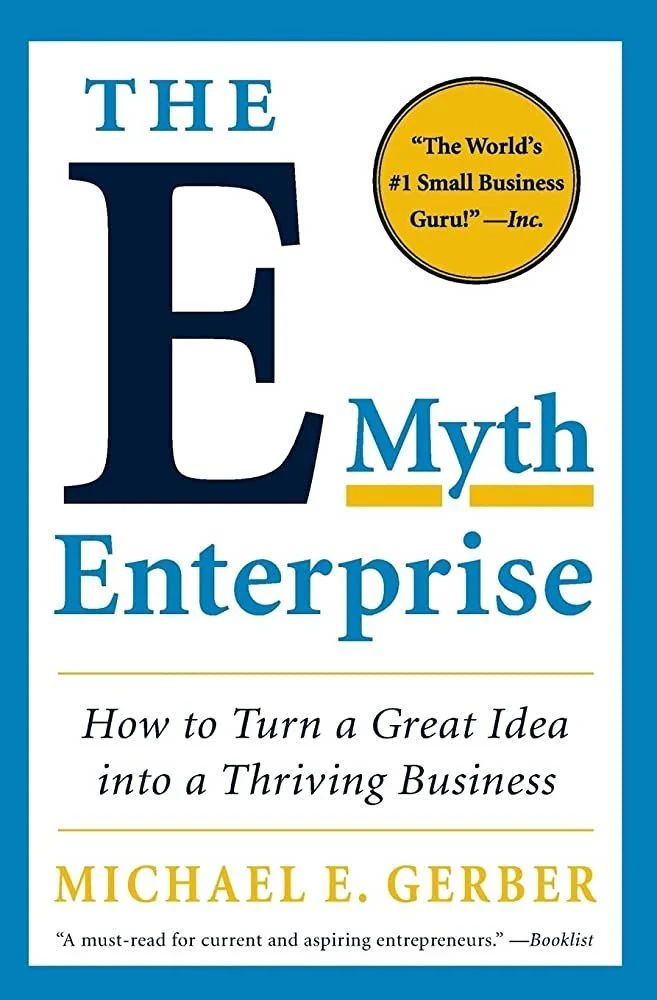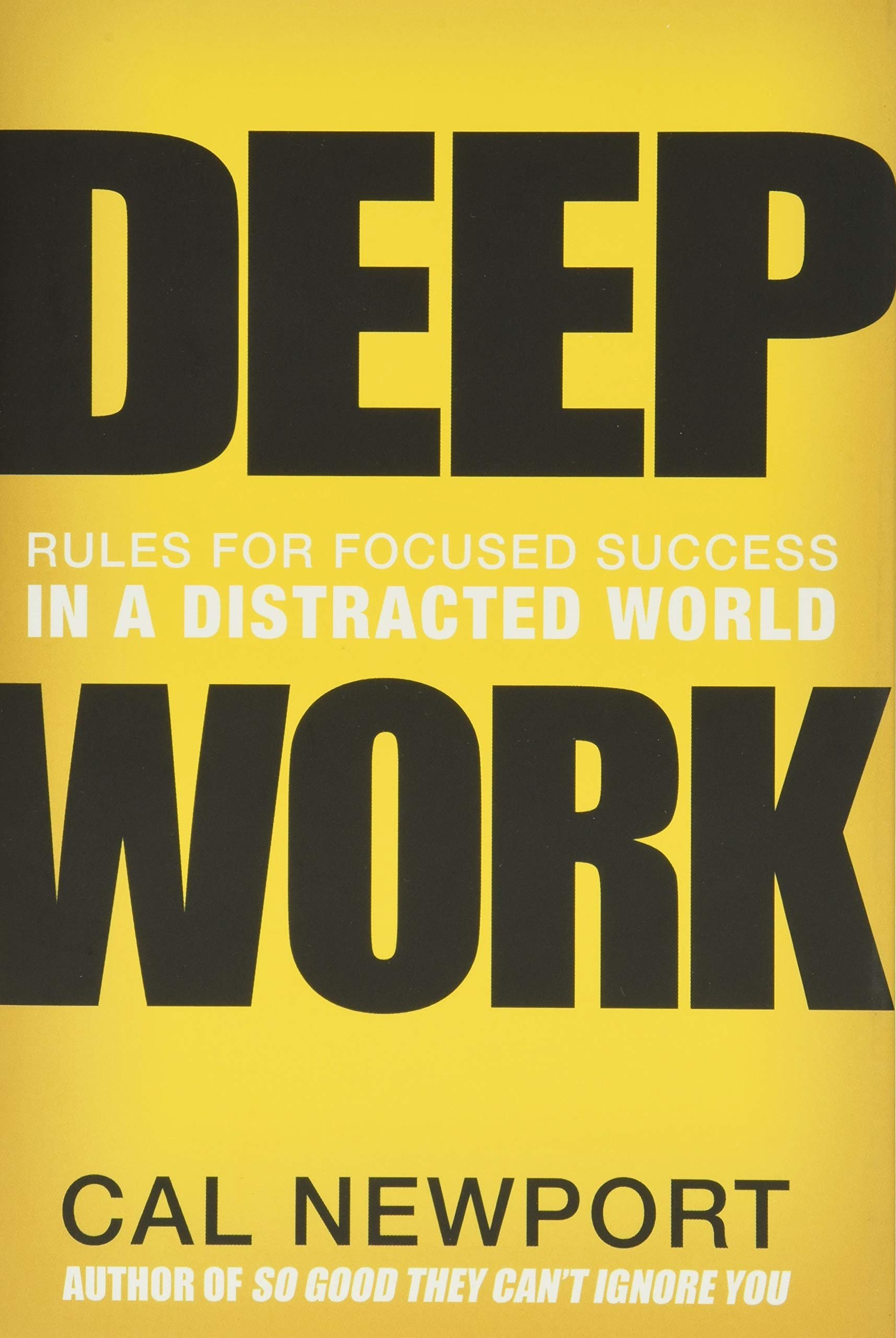
LANGUAGE OF LEAN
The Osborn List
One great tool to support the brainstorming process is the so called Osborn Checklist.
Brainstorming with the the Osborn Checklist:
When it comes to getting new ideas - the so called Osborn List is a great method to steer the process. This creative idea generation technique is named after its inventor, Alex Faickney Osborn. Osborn is also regarded as the father of brainstorming.
The Osborn List is a simple method to support the process for concept creation, it thereby is a comprehensive list of questions about ideas and problems which can be used either individually or in groups. The main goal is to encourage creativity and divergence in concept generation.
The series of simple questions need a point of focus, which can either be an existing solution or a proposed concept to a designated problem. During the brainstorming session writing each statement on a card will help you to structure the approach itself. Randomly take a card while discussing alternative solutions.
When you have your topic, product or process you want to discuss, go through the checklist. The Points are:
What else can it be used for?
New ways of using it? Other use when modified?
Can it be adapted?
Is there anything out there similar to this? What other idea does this suggest? Was there anything similar in the past? What could you copy? Who could you emulate?
How can it be modified?
New direction? Change in color, design, motion, form of shape...? Any other changes?
Can it be magnified?
What can be added? More time? Greater frequency? Stronger? Higher? Larger? Longer? Thicker? Heavier? What value can be added? Duplication? Multiplication? Exaggerate?
Can it be minified?
What can be taken away? Can it be smaller? Condensed? Miniature? Lower? Shorter? Narrower? Lighter? Streamline? Split up? Less frequent? Understate?
Can it be substituted?
Can it be replaced? Who else could do it? Other components? Other material? Other process? Other power? Other place? Other approach? Other time?
Can it be rearranged?
Carry over parts? Interchange components? Other pattern? Different layout? Different sequence? Change cause and effect? Different place? Change schedule? Earlier? Later?
Can it be reversed?
Change positive and negative? What about the opposite? Turn it backward, upside down, inside out? Reverse roles? Turn tables? Turn other cheek? Change shoes?
Can it be combined?
What about a blend, an alloy, an assortment, an ensemble? Can units be combined?
Often the Osborn List is remembered with the mnemonic aid of "SCAMPER" which thereby stands for - Substitute, Combine, Adapt, Modify/Magnify/Minify, Put it to different use, eliminate, reverse/rearrange.
The Osborn List will support you to gain a new perspective on existing ideas, products and processes. Please be aware that the list helps you for improvement sessions but shouldn't be used in the beginning of an innovation process itself.
Stay Connected
Ad
We want information fast and in a nutshell. We from OI recommend Blinkist* - because it’s simply the best.
* = Affiliate Link
In a world where leadership often equates to tough exteriors and unyielding authority, "Dare to Lead: Brave Work. Tough Conversations. Whole Hearts." stands as a beacon of hope and transformation.
In the realm of business literature, few books tackle the unglamorous, gritty realities of leading a company through turbulent times. "The Hard Thing About Hard Things: Building a Business When There Are No Easy Answers" by Ben Horowitz does just that.
Why does Emotional Intelligence (EQ) matter, and in what ways can it impact our lives more significantly than IQ? In "Emotional Intelligence: Why It Can Matter More Than IQ," Daniel Goleman introduces a groundbreaking argument that our emotional abilities can be more powerful than our measured intelligence.
Why do some organizations succeed in inspiring action, both internally among employees and externally among consumers, while others falter? "Start with Why: How Great Leaders Inspire Everyone to Take Action" by Simon Sinek
"How to Win Friends and Influence People" is one of the quintessential self-help books, penned by Dale Carnegie in 1936, yet its teachings remain relevant today.
"The Fifth Discipline: The Art & Practice of The Learning Organization" by Peter M. Senge is a pioneering book that introduced the idea of a "learning organization."
In "Side Hustle: From Idea to Income in 27 Days," Guillebeau outlines a step-by-step plan for anyone looking to create an additional income stream without quitting their day job.
"The $100 Startup: Fire Your Boss, Do What You Love and Work Better To Live More" is a compelling narrative that inspires readers to turn their passions into income.
"How to Grow Your Small Business: A 6-Step Plan to Help Your Business Take Off" is an insightful guide that provides a clear roadmap for small business owners looking to grow and expand their operations.
"The First Minute: How to Start Conversations That Get Results" focuses on the importance of the first minute in any conversation.
"The Almanack of Naval Ravikant: A Guide to Wealth and Happiness" is a compilation of Naval Ravikant's wisdom and experience from the last ten years.
"Ikigai: The Japanese Secret to a Long and Happy Life" takes the reader on a journey to explore the concept of Ikigai, a term that translates loosely as 'reason for being.'
"The Courage To Be Disliked" by Fumitake Koga and Ichiro Kishimi is a thought-provoking book that presents a dialogue between a philosopher and a young man, discussing the principles of Adlerian psychology.
"Talk Like TED" by Carmine Gallo is a powerful guide that reveals the secrets of delivering engaging and impactful presentations.
"I Will Teach You to Be Rich: No Guilt. No Excuses. No BS. Just a 6-Week Program That Works" is a personal finance book written by Ramit Sethi.
"Nudge: Improving Decisions About Health, Wealth, and Happiness" by Richard H. Thaler and Cass R. Sunstein is a groundbreaking book that explores the concept of "nudging" and how small changes in the way choices are presented can have a significant impact on decision-making.
"The E-Myth Revisited: Why Most Small Businesses Don't Work and What to Do About It" by Michael E. Gerber is a compelling book that explores the common pitfalls and misconceptions surrounding small businesses.
The book "4-Hour Body: An Uncommon Guide to Rapid Fat-Loss, Incredible Sex, and Becoming Superhuman" by Timothy Ferriss is a comprehensive guide to optimizing various aspects of your body and life.
"Never Finished: Unshackle Your Mind and Win the War Within" by David Goggins is a powerful and inspiring book that explores the concept of pushing past your limits and overcoming mental barriers to achieve greatness.
"The Business of the 21st Century" by Robert Kiyosaki is a book that explores the changing landscape of business in the modern era.
"Man's Search for Meaning: The Classic Tribute to Hope from the Holocaust" by Viktor E. Frankl is a powerful memoir that delves into the human search for meaning in the midst of extreme suffering.
"How to Be a Stoic: Using Ancient Philosophy to Live a Modern Life" by Massimo Pigliucci is a thought-provoking book that explores the principles of Stoicism and how they can be applied to navigate the challenges of modern life.
"Deep Work: Rules for Focused Success in a Distracted World" by Cal Newport is a compelling book that explores the value of deep work and provides practical strategies for achieving it in our increasingly distracted world.
In this book, Covey emphasizes the importance of developing a strong set of principles that will guide and govern our personal and professional lives.
"Who Moved My Cheese?" is a classic self-help book written by Dr. Spencer Johnson. The book is a parable that teaches readers to cope with change and navigate uncertain times.
"The Goal" is a business novel written by Israeli physicist Eliyahu M. Goldratt, first published in 1984. The book follows the protagonist, plant manager Alex Rogo, as he seeks to improve the performance of his struggling manufacturing plant while dealing with personal and professional challenges.
"The 4-Hour Work Week" is a self-help book written by entrepreneur and podcaster Tim Ferriss.
"The Power of Full Engagement" is a book written by Jim Loehr and Tony Schwartz that challenges the conventional notion of time management.
In "The Effective Executive," Drucker shares his insights on what makes a successful executive and provides practical advice on how to become one.
































